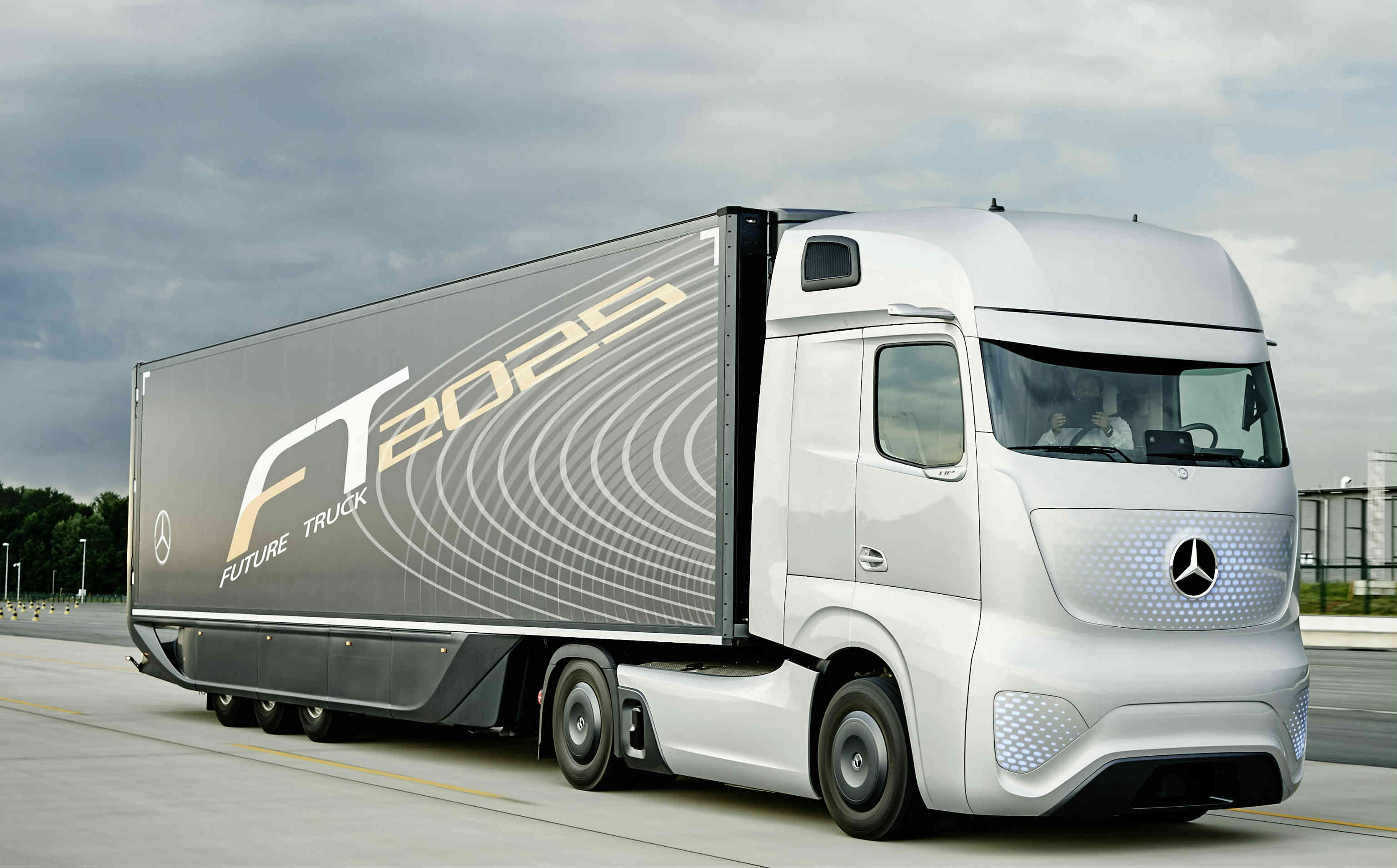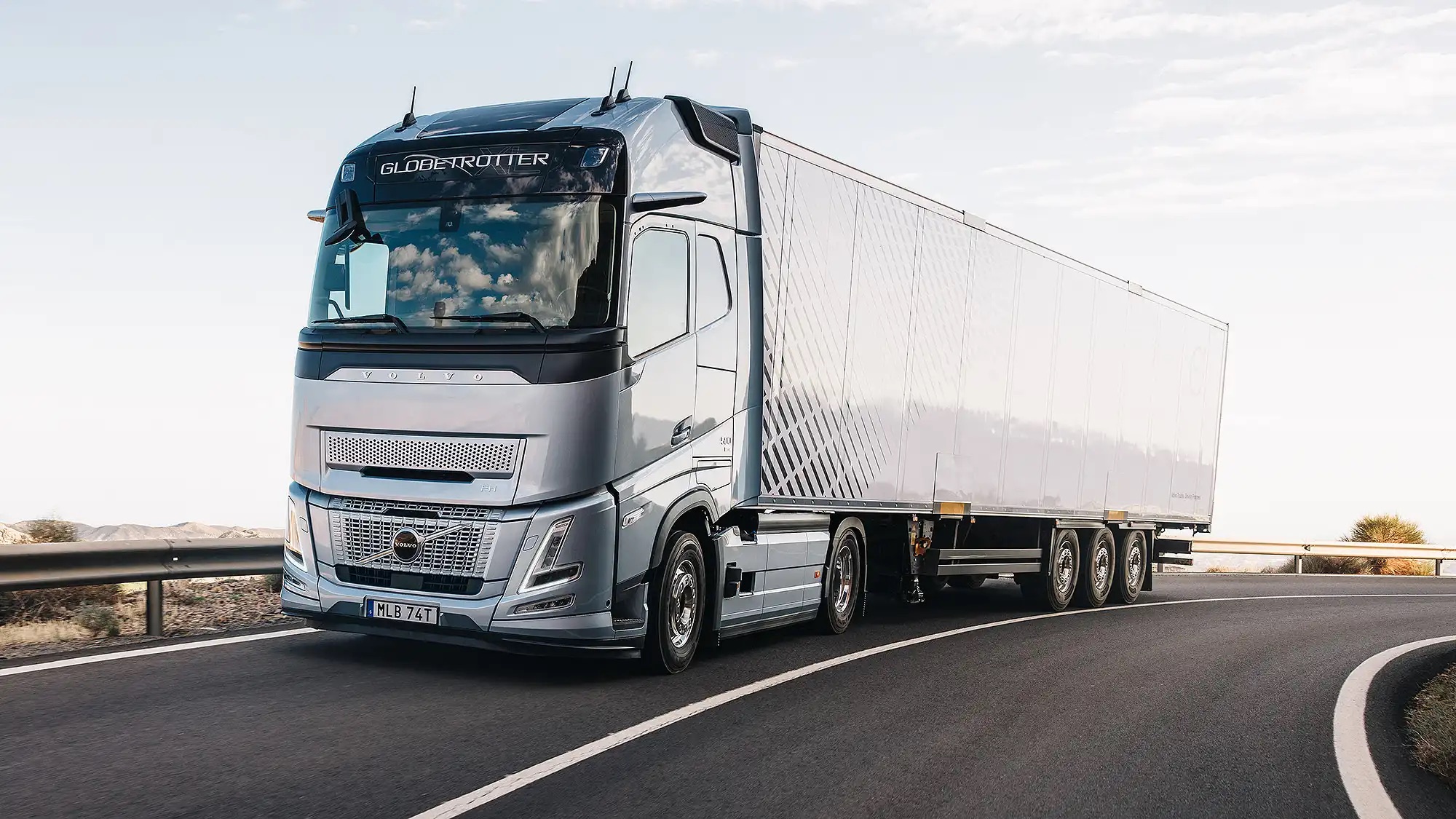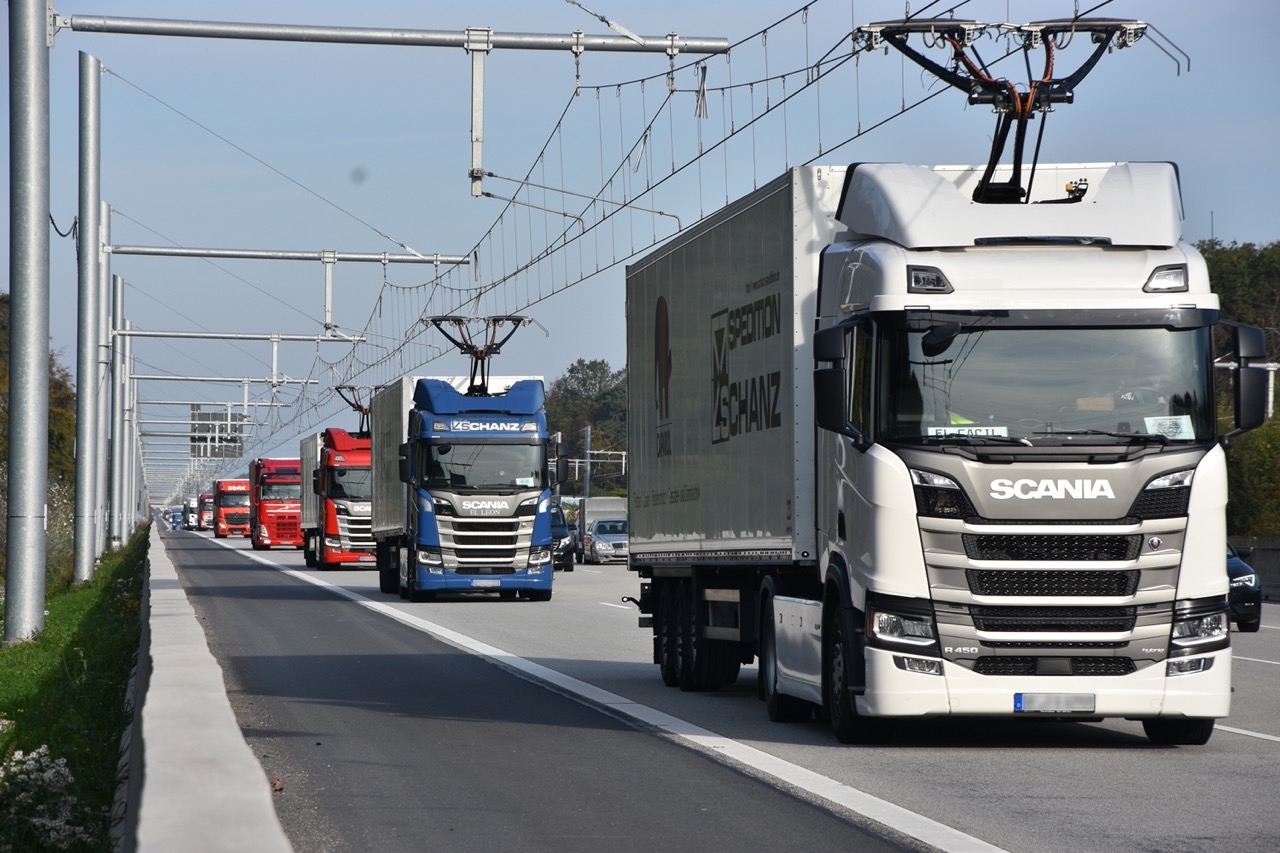Driverless cars in the UK: a new stage in the sector’s development
From 2026, driverless cars will be able to navigate Britain’s roads fully. The government has passed legislation to regulate the operation of automated vehicles in the country. The move is important for developing the AV industry and related sectors.
According to the authorities, the rules governing this type of vehicle will unlock the potential of the AV industry. The UK industry is currently worth £42 billion. Analysts predict the drone market will create around 38,000 new jobs by 2035. The government also points to the safety of such transport. The Department for Transport believes that automated vehicles will minimise road accidents. According to statistics, human error is the cause of accidents in 88% of cases.
Rules and obligations laid down by law
The law exempts the driver from liability when the car is in autonomous mode. In addition, in the event of an accident, the investigation of the incident will involve service providers such as insurance companies, software developers and car manufacturers.
Jamie Hodson of Oxa says there are three key points to the passage of the legislation:
- It creates new roles in the sector’s supply chain. These roles are legally distinct in terms of the allocation of responsibilities.
- A clear understanding of the rights and responsibilities of all parties simplifies operations in the sector. Software developers and car manufacturers have a clear understanding of the approval process.
- A solid regulatory framework reduces investors’ risk, allowing the drone industry to attract large amounts of development funding.
The government’s decision is also positive for the relationship between business and society. The technology and its use will become more transparent and understandable to the public.

Society reaction
Society has reacted differently to the news of the law’s adoption. Representatives of the AV industry believe that the points in the document need further elaboration. In addition, the authorities should prepare regulatory standards by 2026 and clearly define the rights and obligations of all parties.
A survey of Britons by Aimpoint Digital found that respondents had concerns about the following aspects of unmanned vehicles:
- 70% of respondents expressed doubts about the safety of other road users;
- 64% of respondents believe drones increase the risk to pedestrians;
- 64% of respondents are not sure if the technology can adapt quickly to driving conditions on the road;
- 52% of respondents fear that the proliferation of drones will reduce the number of jobs available.
Experts point out that these results are mainly due to a lack of information support for the sector. Understanding the technology and increasing knowledge will help reduce negative attitudes towards driverless cars.


















